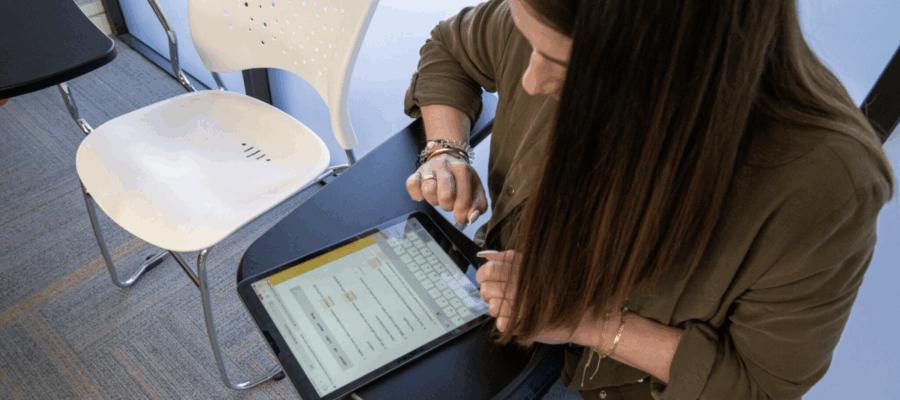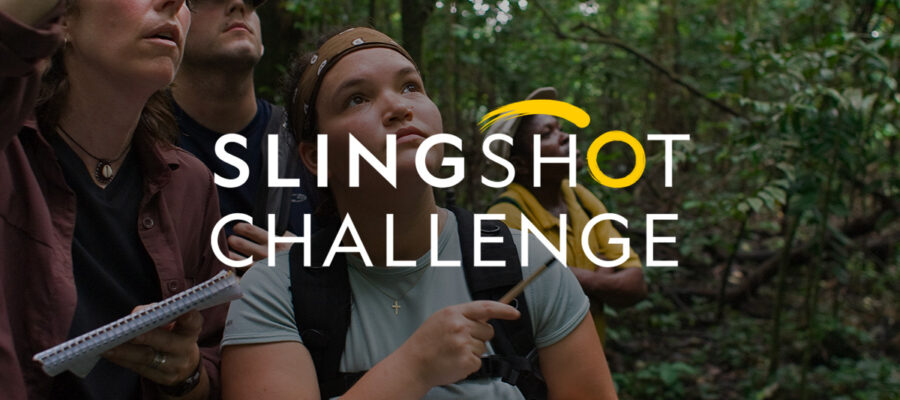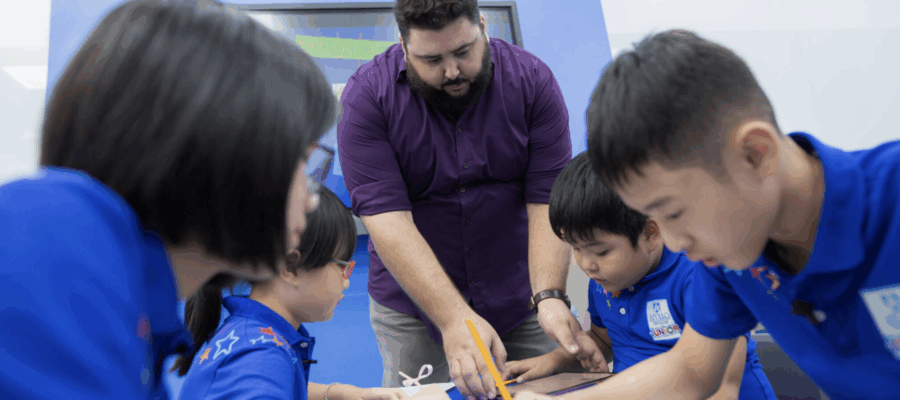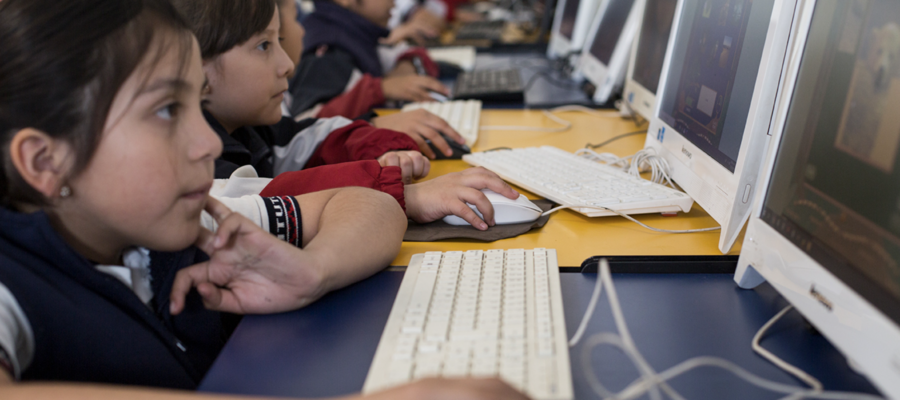Your classrooms are changing. Diverse student groups, global perspectives, and rising expectations for learning in English require a knowledge-building approach to learning. Recognizing the need for programs and curricula that support these learners, National Geographic Learning partnered with Nonie K. Lesaux, Dean of the Harvard Graduate School of Education, to research











